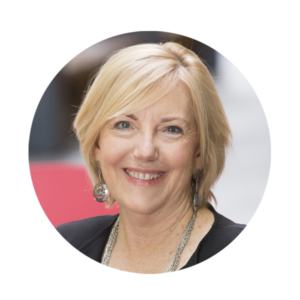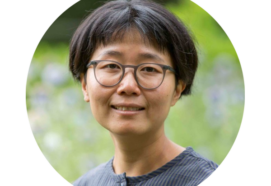Editorial: Are our kids getting a fair deal?
Sally Merry
Abstract
With the patchy but increasing roll-out of the COVID-19 vaccine, and as the world begins to emerge in a bumpy fashion from strict lock-downs, the frightening experience of overwhelmed hospitals and alarmingly high mortality rates from COVID-19, we are beginning to take stock of the huge toll from the pandemic. One of the oft-voiced concerns is the impact on mental health, particularly for vulnerable children and adolescents, but how much of a problem is there really? Are we facing a crisis?
We hope that you enjoy the full editorial which is free on the Online Wiley Library.
ACAMH Members should follow this link:

Professor Merry is a child and adolescent psychiatrist and the Cure Kids Duke Family Chair in Child and Adolescent Mental Health. She is Joint Editor of CAMH.
Professor Merry’s research focus has been on the development and implementation of effective therapies in child and adolescent mental health including computerised and mobile phone-based interventions. She led the development of SPARX, a computerised intervention for depression using a fantasy game format. This effective therapy attracted international awards and has been available as a national e-therapy service in New Zealand since 2014. She has carried out a number of large clinical and prevention trials to find better ways of delivering psychological therapies for mental health for children and adolescents. She established and led a team to develop and test an ecosystem of digital therapies, HABITS (Health Advances through Behavioural Intervention Technologies) for young people as part of the National Science Challenge, a Better Start E Tipu E Rea. This work has included the development of online screening, web and native apps and chatbots to support emotional regulation in younger and older adolescents, to address problems of self-harm and substance abuse and to provide online support for parents of younger children with behavioural or emotional problems.
Professor Merry has worked clinically in a number of settings with children and young people from pre-school age to late adolescence, mostly in community settings.


